


It’s no secret that there’s a lot more to some songs than meets the eye. Some have hidden meanings, while others are so deeply personal to the songwriter that the average listener couldn’t possibly hope to understand. There are some completely misunderstood songs out there, though; songs whose lyrics have been so misconstrued by people over the years that the original intention was lost completely. Whether it is because of urban legend, misleadingly sweet chords that eschew sinister lyrics, or just plain misinterpretation, when the public gets hold of a song, it can morph into something entirely new.
Is it for better, or for worse? Take a look at these commonly misunderstood songs and let us know what you think, and don’t forget to SHARE if you want others to know what the true meanings are!
Here’s one more song that was never supposed to be a love song. The band actually almost didn’t record the song because they felt it was “too brutal, … really violent and awful,” according to lead singer Michael Stipe.

The title may be misleading, sure, but the lyrics sure aren’t. Calling your lover “a simple prop to occupy my time” sure doesn’t sound like a romantic overture.
While Pearl Jam’s 1991 hit may initially sound like an anthem of perseverance — particularly when singer Eddie Vedder belts out “Yeah, yeah I, oh, I’m still alive” — a deeper reading reveals something else entirely. The track is actually based around Vedder learning as a teenager that the man he thought was his father was actually his stepfather, and that his biological father was dead.
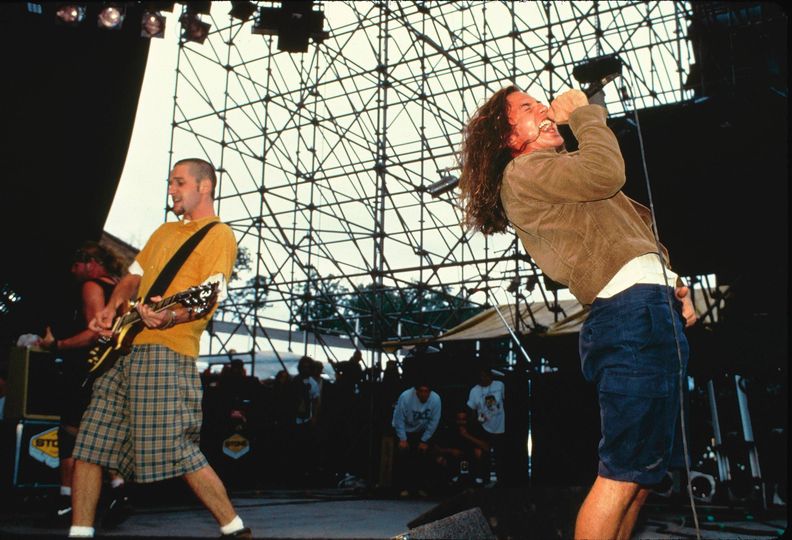
“He’s still dealing with love, he’s still dealing with the death of his father. All he knows is ‘I’m still alive’ … That’s totally out of burden,” Vedder once explained to Rolling Stone.
Green Day’s acoustic ballad became a massive crossover hit — partially thanks to its use in the Seinfeld finale — in 1998. The track, with it’s seemingly wistful lyrics about the passage of time, has become a favorite at proms, graduations, and weddings.
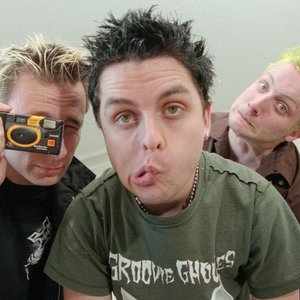
However, those happy couples probably should have examined the lyrics — or at least the song’s title — just a bit closer. The lyrics are not a tender goodbye at all, but rather an angry rebuke against a girlfriend who will one day regret leaving the “time of her life.”
Semisonic’s “Closing Time” has become an anthem for last calls around the world, as countless bars and clubs play the track as their last song of the night. However, the song’s lyrics have little to do with a bar.
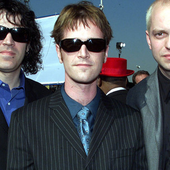
Instead, they were initially written by singer Dan Wilson about his girlfriend’s pregnancy. The band realized the bar connection early on, however, and admitted they realized that’s what audiences would think the song’s about.
This Phil Collins track is thought by many to be one of the darkest pop hits of all time. According to urban legend, the song tells the story of a man watching another man drown and doing nothing to save him, all supposedly seen by Collins himself. The singer then wrote the song, invited the man to a show, and sang it right to his face.
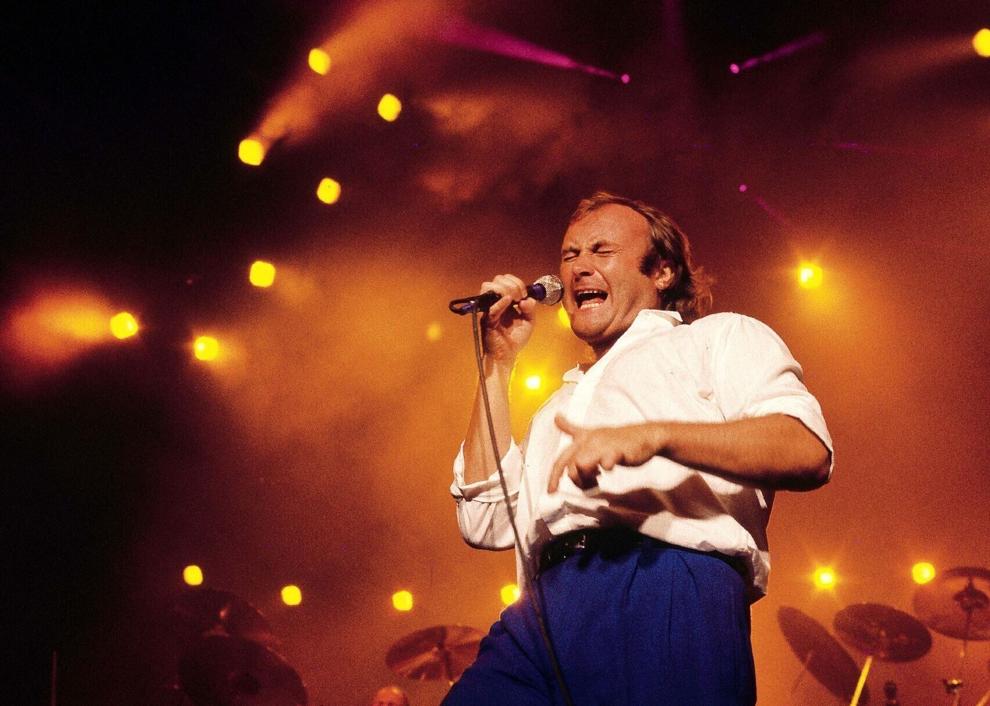
The story spread far and wide in the early days of the internet, and was even mentioned in Eminem’s hit “Stan,” which contained the lyric, “You know the song by Phil Collins, ‘In the Air of the Night’ (sic) about that guy who coulda saved that other guy from drownin’, but didn’t, then Phil saw it all, then at a show he found him?” According to Collins, the song has no specific story to it at all, and is more a stream of consciousness on the feelings he had after his divorce.
Tom Petty's "American Girl" is a beloved song that blends 1960s guitars with 1970s punk influences. Some thought it was about a girl who jumped off a tower at the University of Florida, but Petty said that's just a myth.

In reality, the song was inspired by his time in California, where he lived near a freeway. The sound of cars passing by reminded him of ocean waves, making it his "Malibu." So, the song is about the calming effect of those passing cars, not a tragic event in Florida.
The Police’s “Every Breath You Take” was one of the most successful singles of the ’80s, and has been the first dance at probably hundreds of weddings since then. However, the track isn’t a love song at all. Rather, the lyrics depict a dark story of obsession and stalking.
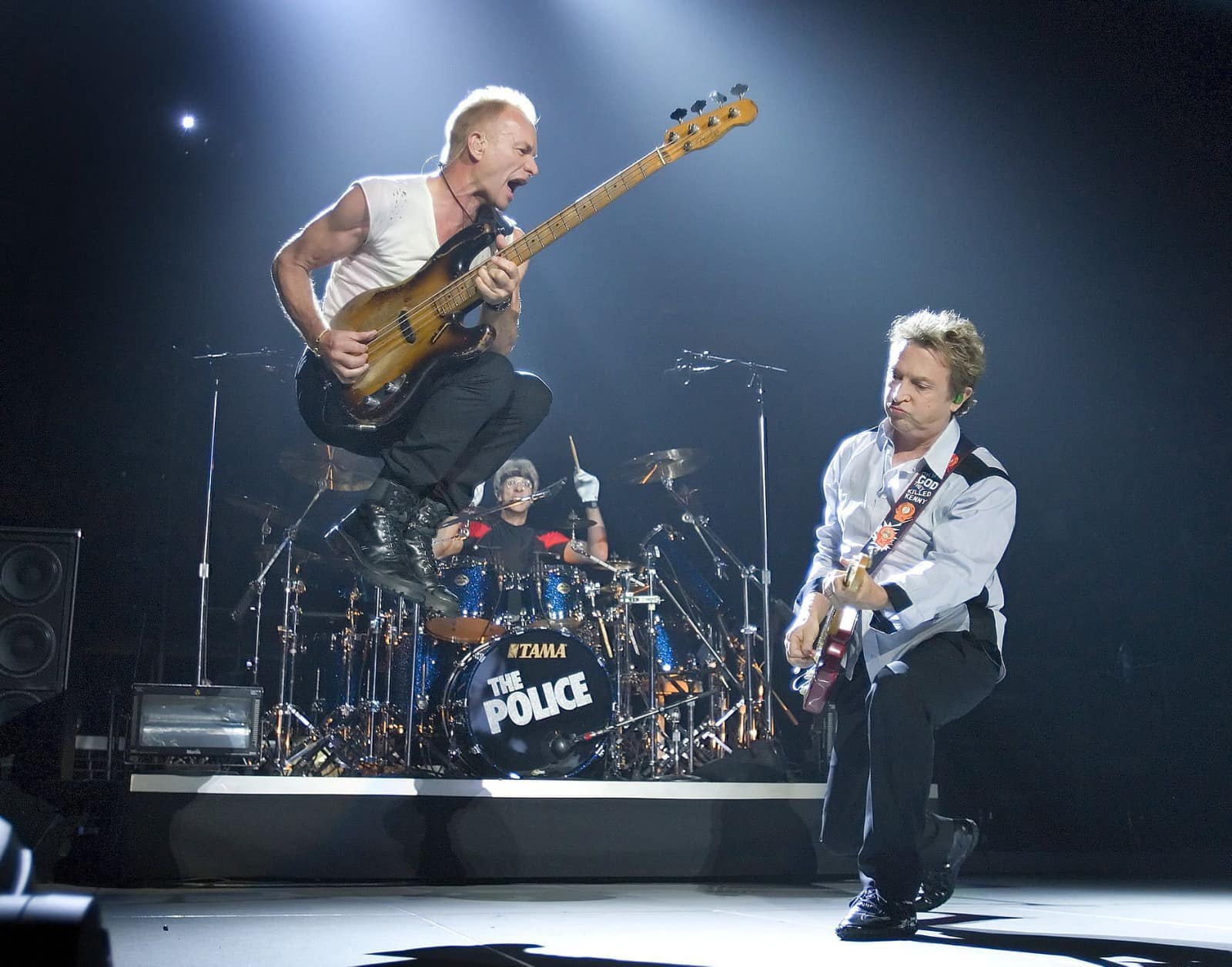
Sting has said of the song, “One couple told me, ‘Oh, we love that song; it was the main song played at our wedding!’ I thought, ‘Well, good luck.’” He’s also said, “I think the song is very, very sinister and ugly, and people have actually misinterpreted it as being a gentle little love song, when it’s quite the opposite.”
“Blackbird” has been one of the most heavily debated songs in The Beatles’ legendary catalogue. Primarily written by Paul McCartney, on the surface the song sounds like a typical love song.

However, according to McCartney at various points over the years, the song’s lyrics are actually a reference to the Civil Rights Movement, which was happening in the United States at the time.
Third Eye Blind's 1997 hit song is known for its catchy pop melody, but it carries a darker message. Lead singer Stephan Jenkins revealed it's about addiction, particularly a period when many of his friends were caught up in using drugs like speed.

He described the song as having a bright and shiny surface, but underneath, it delves into the messy, gripping, and destructive aspects of addiction. The music's intention was not just to sound cheerful but to capture the complexity of the subject.
Bruce Springsteen's "Born in the U.S.A." is famous but often misunderstood. Despite its energetic music, the lyrics reveal a Vietnam War veteran's struggles and emotional scars.
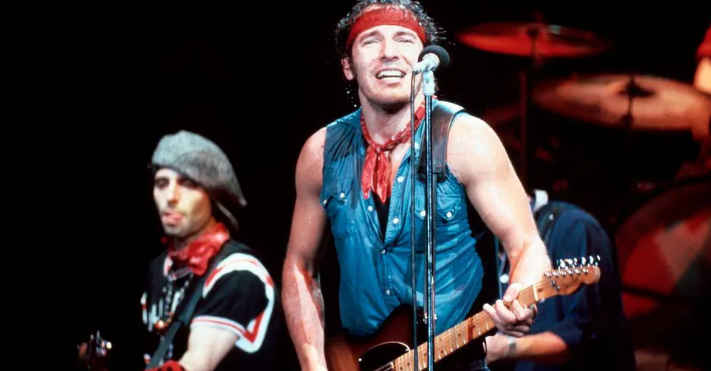
Many wrongly thought it was a patriotic anthem due to its powerful "Born in the U.S.A." chorus. Springsteen, unhappy that it was used by President Reagan, tried to explain its true meaning in interviews and even performed a quieter version to set the record straight.
"Total Eclipse of the Heart" is a famous power ballad by Bonnie Tyler. What many people don't know is that it was originally a love song for vampires. The song was written by producer Jim Steinman after Bonnie Tyler rejected his first two song ideas.

He remembered a song he'd started for a musical about vampires and tweaked it, creating one of the greatest love ballads ever. You can still hear hints of its vampire origins in the lyrics.
Sara Bareilles' hit song "Love Song" is well-known from lobbies to radios. Surprisingly, it's not a typical love song. Sara wrote it out of frustration when her record label didn't like her songs.

The song is her way of saying, "This is me, take it or leave it," to her label. Fortunately, they chose to take it, and it became a huge success. It's a tale of standing up for oneself and being true to your art.
This song, though it evolved to take on a wider meaning, including the common interpretation that it is a criticism of British politics and international relations, was originally about something much simpler.
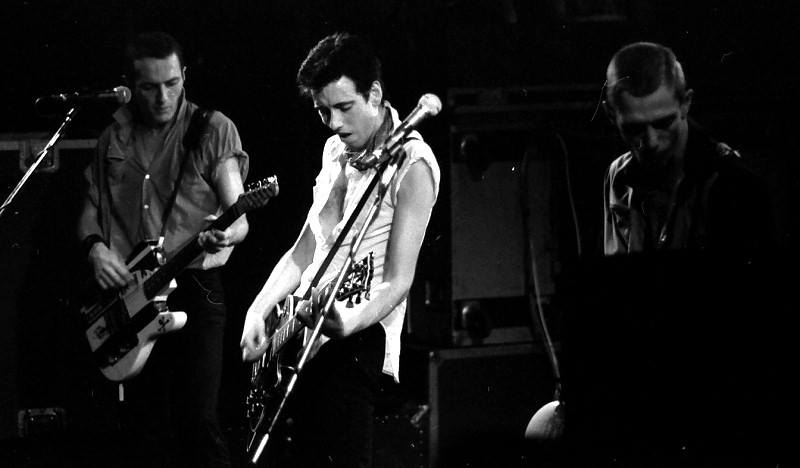
In 1979, a British newspaper ran a headline that warned that, with rapid global warning, there was a risk that the Thames river might overflow and flood London. When Mick Jones found this out, he (in his own words) “flipped.” So the song is less about politics, and more about a fear of drowning.
John Mellencamp wrote “Pink Houses” as a rebuke of early 1980s Reaganomics, and the conservative “greed is good” culture of the time. However, its uplifting music and “Ain’t that America” chorus often has led to the song being misunderstood as a simple patriotic tune.
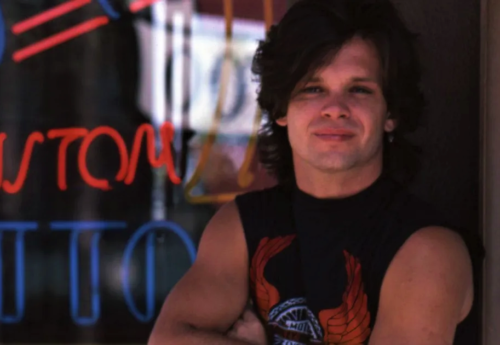
Those who’ve misunderstood the song include conservative political candidates and organizations who’ve used the song only to receive public rebuke from the staunchly liberal Mellencamp.
One of 1999’s biggest hits, Creed’s “Higher” has gone on to be the band’s signature song, and is emblematic of the post-grunge rock scene of the time. While on the surface the song seems to likely either be about a drug-induced high or (on the opposite side of the spectrum) Creed’s publicized Christianity, it’s actually about neither.

Instead, according to lead singer Scott Stapp, the song is actually about the concept of lucid dreaming.
Well, first of all, this song isn’t really about Buddy Holly at all, but most people who have listened to it know that. Most of those people hear the lyrics “You know I’m yours/and I know you’re mine/and that’s for all time,” and assume that the song is about a romantic relationship, but singer Rivers Cuomo tells a different story:

It’s about a particular girl I knew; … it’s about my commitment to her, … my willingness to defend her. It’s very platonic. Not a romantic thing at all.
If you listen carefully to the lyrics, it turns out none of them are really explicitly romantic, people just assume based on the fact that it’s a guy singing about a girl, which is exactly what Weezer is singing about.
Bon Jovi, a band known for power ballads like “I’ll Be There for You” and “Bed of Roses,” scored one of their biggest hits with 1994’s “Always.” Perhaps due to their reputation as balladeers, many seemed to ignore the darker underpinnings of the song’s lyrics.

Jon Bon Jovi explained of the lyrics, “It’s a sick little twisted lyric. So many people feel it’s so romantic and so wonderful, but truthfully, this guy is practically a stalker. He’s a sick human being.”
Many think that Bob Dylan’s 1965 classic “Mr. Tambourine Man” – later famously covered by The Byrds – was an autobiographical song about the singer finding his musical muse through drugs.

However, the song is actually a tribute to touring musician Bruce Langhorne, who played in Dylan’s band and played a large Turkish frame drum similar to a tambourine in performances and on recordings.
Its commonly believed that the song is about purgatory, referring to the line “this could be heaven, or this could be hell.” In a 2002 interview, Don Henley stated, “It’s basically a song about the dark underbelly of the American dream and about excess in America, which is something we knew a lot about.
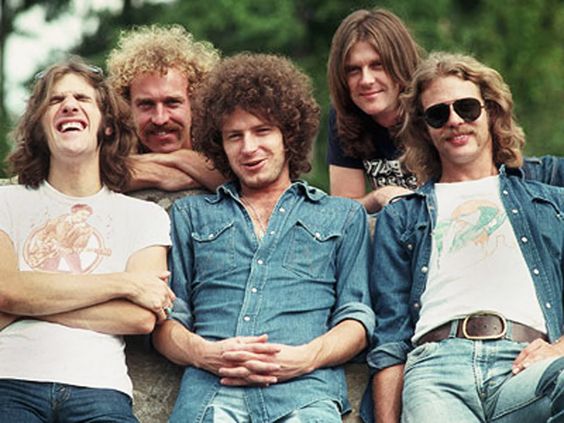
We were all middle-class kids from the Midwest. Hotel California’ was our interpretation of the high life in L.A.”
The popular conception is that TLC’s 1995 smash “Waterfalls” is about slowing down, appreciating what one has, and not rushing into life or relationships.
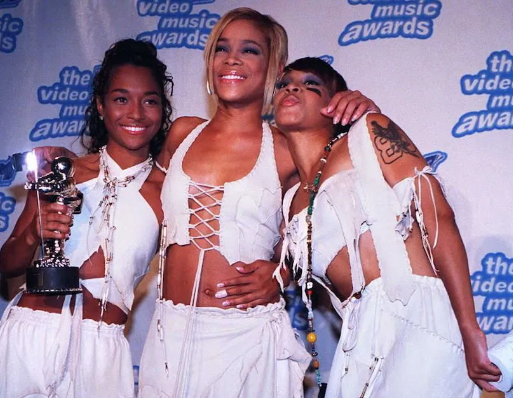
While there’s some truth to that, at least in the chorus, it ignores the fact that the song is about social issues of the mid-90s, including explicit references to HIV and AIDS in the lyrics.
“Puff the Magic Dragon” was obviously about drugs, right? Wrong. Peter, Paul and Mary’s 1963 hit – with lyrics based on a poem by a friend of band member Peter Yarrow, named Leonard Lipton.
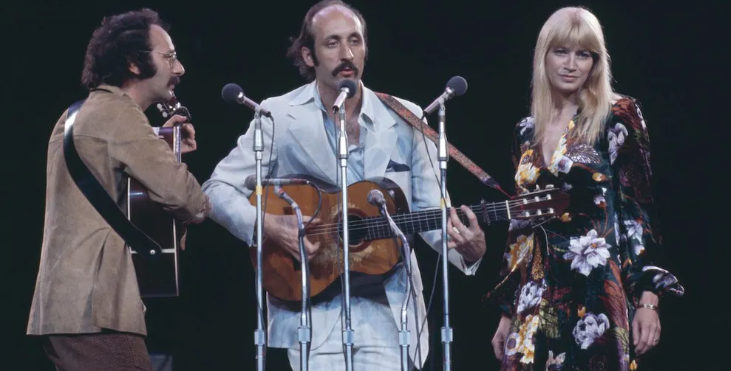
It actually revolved around a child who played with an imaginary dragon named Puff, before getting too old for his imaginary friend.
Lou Reed’s “Perfect Day” has been used in numerous chipper, upbeat commercials for products, including Sony’s Playstation 4 and AT&T’s cellular service … which is quite strange, since it’s a song about heroin.
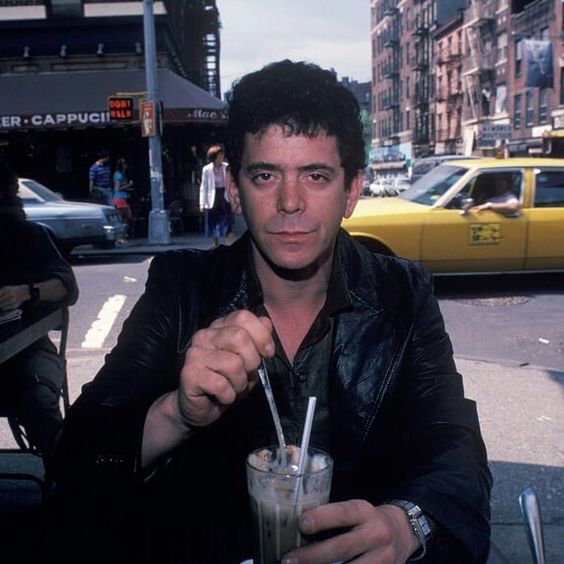
The track, often thought to be about the power of love, is actually about the high one feels after using narcotics.
Madonna's "Like a Virgin" might sound like it's about a young woman's first time having sex, especially with her wearing a wedding dress in the '80s. However, it was actually written by Billy Steinberg and Tom Kelly about the vulnerability of starting a new relationship.
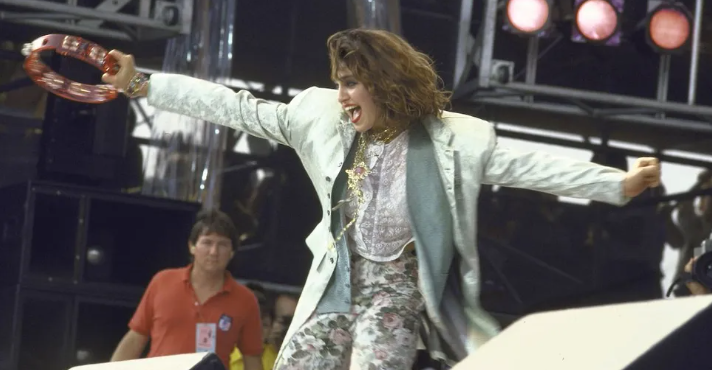
Steinberg explained that he felt like he had been through emotional hardships, but this new love made him feel like a "virgin" again, experiencing something deep and profound.
Maroon 5’s chart-topping debut album Songs About Jane was essentially a concept album about one of singer Adam Levine’s ex-girlfriends, so it would make sense to think the album’s hit single, “Harder to Breathe,” was inspired by said relationship. However, according to Levine, the song actually came about due to pressure from the band’s record company.

In a 2002 interview, Levine said, “That song comes sheerly from wanting to throw something. It was the 11th hour, and the label wanted more songs. It was the last crack. I was just pissed. I wanted to make a record and the label was applying a lot of pressure, but I’m glad they did.”
Bryan Adams’ “Summer of ’69” is such a powerful blast of nostalgia that it’s easy to assume the Canadian singer and his writing partner, Jim Vallance, wrote it about their own times as teenagers in 1969.
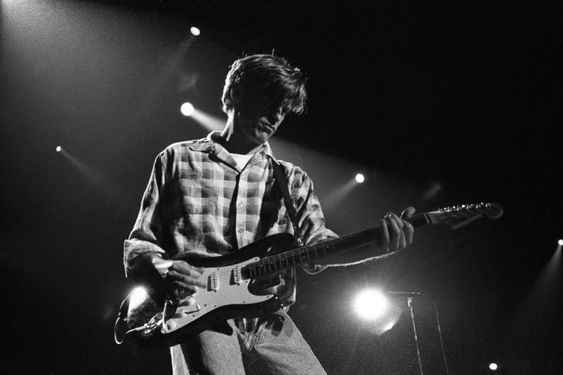
Only problem? Adams was only 9 years old in 1969. The song does contain some real allusions to the writers’ lives, but the 69 number was, according to Adams, chosen as a reference to the 69 sexual position.
Nirvana's "Smells Like Teen Spirit" is a beloved song, but its meaning remains a mystery, even to Kurt Cobain, the band's frontman. The title came from a friend who wrote it on Cobain's wall, unaware it was a deodorant brand.

Cobain aimed to create the ultimate pop song, intending to express his feelings about his generation and surroundings. However, he also said it was meant to mock the idea of a revolution. Drummer Dave Grohl suggested the lyrics had no real meaning.
Many think M.I.A.’s 2008 hit “Paper Planes” was about a drug dealer, however the singer herself explained that the song was actually about the immigrant experience in the United States. She explained, “I was thinking about living [in Bed-Stuy], waking up every morning – it’s such an African neighborhood. I was going to get patties at my local and just thinking that really the worst thing that anyone can say [to someone these days] is some s*** like: ‘What I wanna do is come and get your money.’

People don’t really feel like immigrants or refugees contribute to culture in any way. That they’re just leeches that suck from whatever. So in the song I say ‘All I wanna do is [sound of gun shooting and reloading, cash register opening] and take your money.’ I did it in sound effects.
'Ticket to Ride' - The Beatles
The Beatles’ “Ticket to Ride” is thought by many to be a reference to a young woman riding a train to see her boyfriend. However, according to John Lennon, the song had a different meaning entirely.
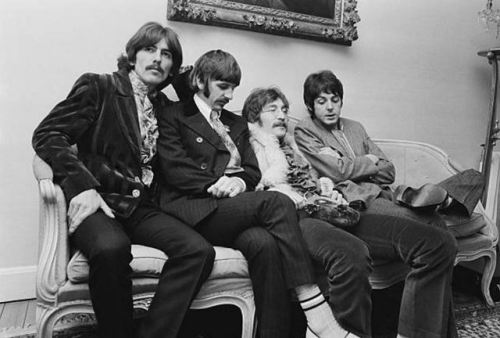
He claimed that the song actually referenced cards indicating a clean bill of health, carried by German prostitutes in the 1960s. The Beatles famously played in Hamburg, Germany often prior to attaining worldwide fame.
“Slide,” the first single from the Goo Goo Dolls’ 1998 album Dizzy Up the Girl, helped the group achieve superstar status. However, according to lead singer/songwriter Johnny Rzeznik on an episode of VH1 Storytellers, there was much more to “Slide.”
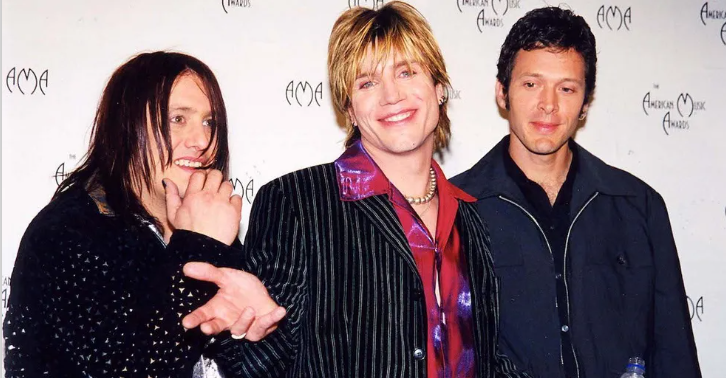
In introducing the song, he said, “… The song is actually about these two teenage kids, and the girlfriend gets pregnant and … they’re trying to decide whether she should get an abortion, or they should get married, or what should go on. …”
U2's "One" may seem like a song celebrating unity, but it was born during a turbulent period for the band. Bono, the lead singer, explained that the song reflects not the idea of everyone living together but the recognition of differences. It's a bit punk rock and anti-romantic.
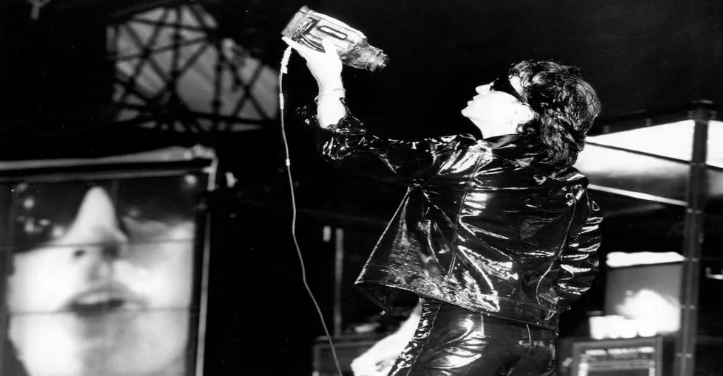
The lyrics say, "We are one but not the same; we get to carry each other." It's about helping each other, even if it's not always romantic. Surprisingly, many people choose it for their weddings, but Bono finds that a bit odd since the song is more about separation.
To modern listeners, especially those more familiar with Lenny Kravitz’s 1999 cover, “American Woman” is a song all about sex appeal. The song’s true meaning, as explained by co-writer Randy Bachman, had less to do with sex and much more to do with the Vietnam War and U.S. politics of the time. According to Bachman, “We had been touring the States. This was the late ’60s. One time at the U.S./Canada border in North Dakota they tried to draft us and send us to Vietnam.
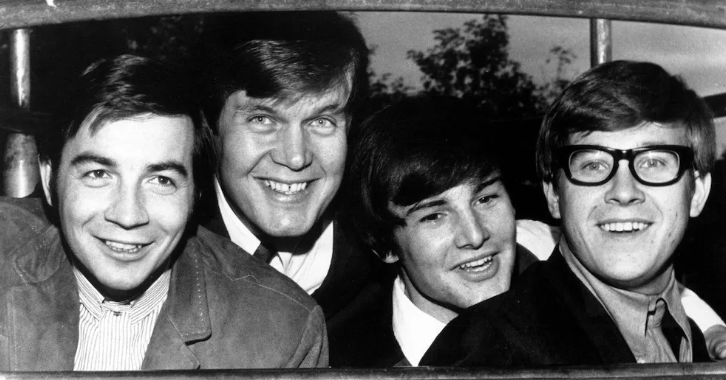
We were back in Canada, playing in the safety of Canada where the dance is full of draft dodgers who’ve all left the States.” Co-writer Burton Cummings added, “When I said ‘American woman, stay away from me,’ I really meant ‘Canadian woman, I prefer you.’ It was all a happy accident.”
While The Cure’s “Just Like Heaven” sounds like a typical love song, the lyrics are actually a bit more complex than that according to lead singer Robert Smith. S

mith has said that, “The song is about hyperventilating—kissing and fainting to the floor,” and that some of the lyrics refer to his childhood memories of mastering magic tricks as a child, though Smith has admitted, “on another level, it’s about a seduction trick, from much later in my life.”
John Lennon's song "Imagine" is more than just a call for world peace. He and his wife Yoko Ono addressed specific issues. They wanted to go beyond religious divisions, where one religion claims superiority.
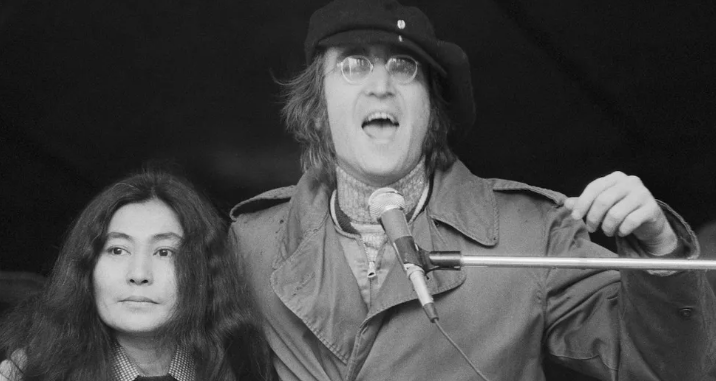
Lennon believed that if we could imagine a world without religious conflicts, it could be peaceful. He also mentioned a world without countries and politics. While his ideas sounded somewhat like communism, he clarified it was his vision of British socialism.
This next song isn’t quite misunderstood lyrically, but the story of its creation is. The Runaways’ “Cherry Bomb” is an all-time classic rock song, and the by-far biggest hit of Hall of Famer Joan Jett, but it wasn’t written to be one and the band didn’t build their catalogue around it.
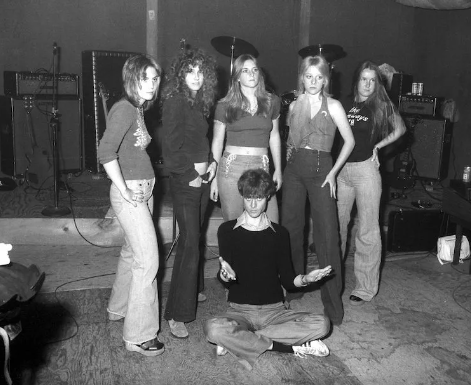
In fact, the song was actually written in “about five minutes” according to the band’s manager Kim Fowley. According to Fowley, he and Jett wrote the song for future-band member Cherie Currie’s audition because the rest of the Runaways didn’t know the song Currie wanted to sing.
While California band Portugal. The Man’S 2017 hit single may initially sound like an ode to singer John Gourley’s young daughter, the song was actually written from a less personal, much more political place. In a 2017 interview, Gourley explained, “It’s another one of those lyrics that just kind of seeps in.

With all the talk right now, of building a wall at our borders and the Berlin Wall, it was so much just like the image that you had in your head growing up that these people are separated by a wall, and why do we need that?”
To the naked ear, Lorde’s 2013 hit “Royals” sounds like it’s referring to either real life royalty (think the British Royal family) or American “celeb-royalty” like the Kardashian family. However, the song’s name and inspiration came from a different source.
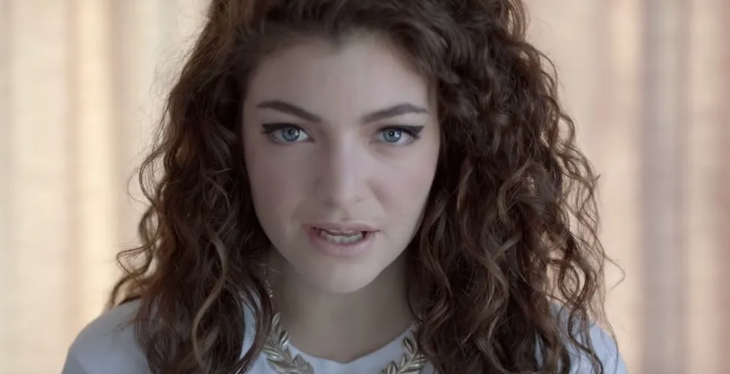
The singer based the lyrics on a 1976 photo of Kansas City Royals hall of fame baseball player George Brett signing autographs while in uniform, with the team’s name splashed across his chest. The singer explained simply, “It was just that word. It’s really cool.”
While it’s obvious on even the first listen that Lady Gaga’s “Poker Face” is filled with sexual innuendo, it’s initially not quite as clear that the song describes a specific sexual experience Lady Gaga had.
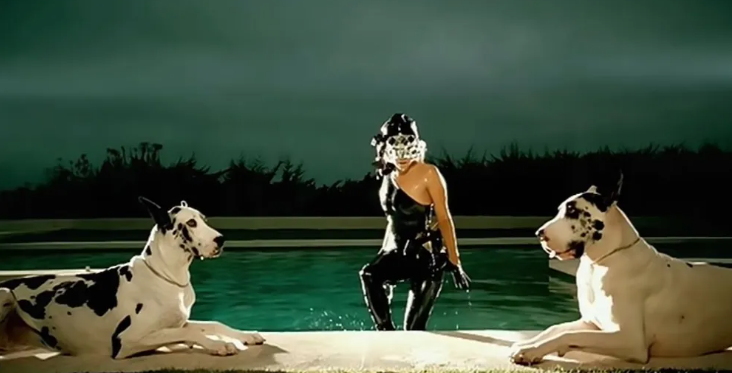
According to the singer, the song’s lyrics detail a time she fantasized about a woman while being intimate with a man, the “poker face” in question being her expression to not allow her male lover to realize what she was really thinking about.
Green Day’s “Wake Me Up When September Ends” was a an ode to singer Billie Joe Armstrong’s father, who passed when the singer was seven years old – hence the song’s opening line.
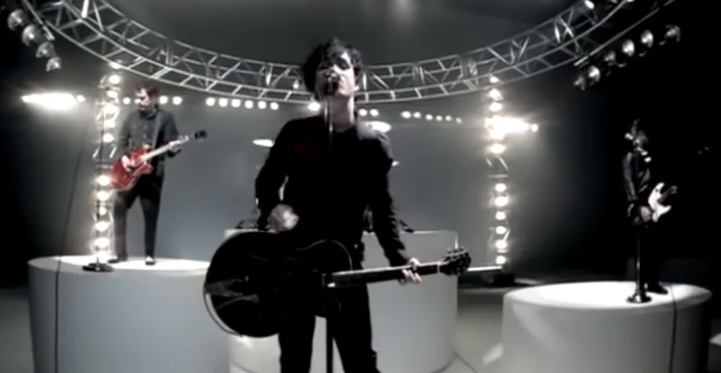
However due to it’s placement as the eleventh track on the band’s heavily 9/11-influenced American Idiot album plus the Iraq War-themed video continues to lead many to believe that the song is political in meaning to this day.